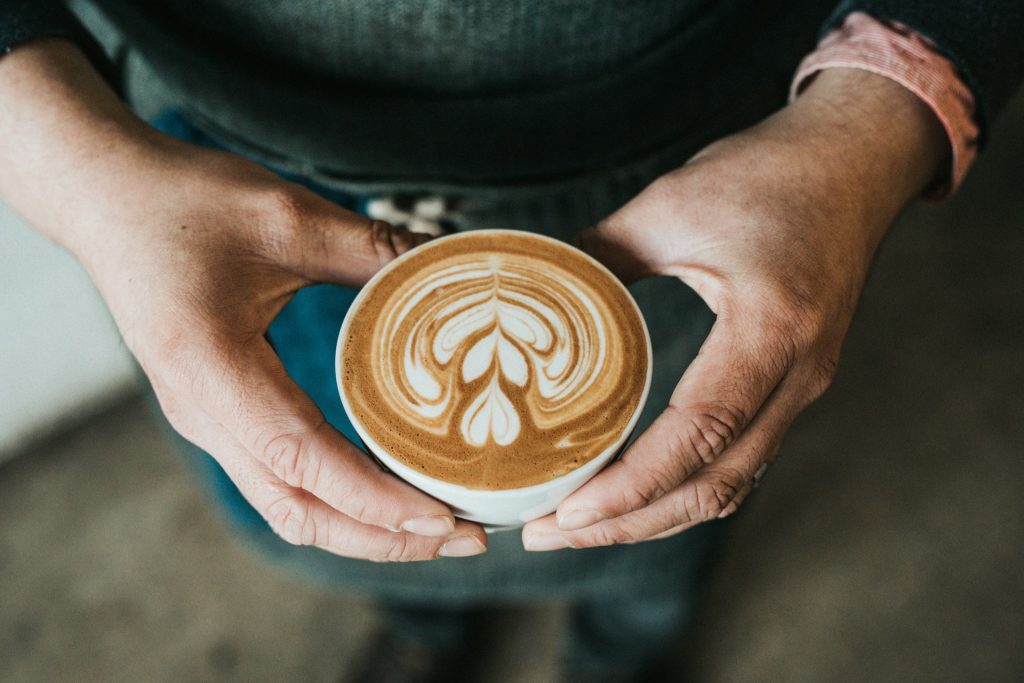Coffee is more than just a beverage; it’s a global phenomenon, a daily ritual, and a cultural cornerstone. But have you ever wondered which country loves coffee the most? Spoiler alert: it’s not just about who drinks the most coffee, but also how deeply embedded coffee is in the culture and daily life of its people. Let’s dive into the world of coffee and find out which country tops the list in coffee consumption and culture.

Factors Influencing Coffee Consumption
Cultural Traditions and Social Practices
In many countries, coffee consumption is not just about the caffeine hit; it’s a social and cultural experience. From the meticulous coffee-making rituals passed down through generations to the modern coffee shops serving as social hubs, coffee holds significant cultural importance. For instance, in countries like Finland and Sweden, coffee breaks (known as “fika” in Sweden) are cherished moments for socializing and relaxation.
Availability and Quality of Coffee Beans
The availability of high-quality coffee beans and the proliferation of specialty coffee shops have also contributed to the rise in coffee consumption. Countries with a rich history of coffee production, like Colombia and Brazil, naturally have a strong coffee culture. However, nations that import and consume vast amounts of coffee, such as those in Scandinavia, have developed a refined taste for high-quality brews.
Top Coffee-Loving Countries
1. Finland: The Coffee Capital of the World
Finland leads the pack with the highest coffee consumption per capita, averaging an impressive 12 kilograms of coffee per person annually. Coffee is more than just a drink in Finland; it’s a social ritual. The Finnish tradition of “kahvitauko” (coffee break) is deeply ingrained in daily life. Whether at work or home, coffee breaks are essential moments for relaxation and social interaction.
2. Norway: A Nation of Coffee Enthusiasts
Norwegians are serious about their coffee, consuming about 9.9 kilograms per capita annually. The coffee culture in Norway is robust, with a strong preference for dark, rich brews. Social media plays a significant role in showcasing Norway’s love for coffee, with beautifully crafted latte art and trendy coffee shops often highlighted on Instagram and Twitter. The rise of influencers promoting specialty coffee shops has further fueled the coffee craze in Norway.
3. Iceland: Unique Flavors and High Consumption
Icelanders consume around 9 kilograms of coffee per capita each year, reflecting a diverse and evolving coffee culture. Icelandic coffee enthusiasts have unique preferences, often incorporating local ingredients like birch syrup or seaweed extracts into their brews. The cozy cafes in Iceland serve as community hubs, fostering social connections among locals and tourists alike.
4. Denmark: A Coffee-Driven Economy
Denmark’s love for coffee is evident with a per capita consumption of 8.7 kilograms. Coffee is a vital part of the Danish economy, with numerous cafes, roasteries, and coffee shops contributing to job creation and entrepreneurship. The Danish coffee culture emphasizes quality and innovation, with a growing market for specialty coffee blends catering to diverse consumer preferences.
5. Netherlands: Tradition Meets Modernity
The Dutch consume about 8.4 kilograms of coffee per capita, with coffee being an integral part of social and cultural gatherings. Dutch coffee culture extends beyond morning routines, with coffee breaks common in workplaces and homes throughout the day. The Dutch take their coffee seriously, often enjoying it with traditional pastries like stroopwafels, creating a warm and inviting atmosphere for social bonding.

Why Do These Countries Love Coffee?
Cultural and Historical Influences
The profound love for coffee in these top-consuming countries is deeply intertwined with cultural norms and historical influences. In Italy, for example, coffee culture dates back centuries, with coffeehouses serving as hubs for intellectual discourse and social interaction. In Ethiopia, where coffee originated, the traditional coffee ceremony is a symbol of hospitality and community bonding.
Economic Factors
The coffee industry significantly impacts the economies of these countries, with robust trade relations and high market demand driving consumption trends. Coffee production and consumption generate substantial revenue, supporting millions of livelihoods from farmers to exporters. Market demand, influenced by global economic conditions, makes coffee a versatile and responsive commodity in the international market.
Climate and Geography
Geographical location and climate play a crucial role in coffee production, affecting bean quality and sustainability practices. High altitudes and specific weather conditions contribute to the unique flavors of coffee beans. Sustainability initiatives in coffee-growing regions aim to preserve the natural environment and biodiversity, ensuring a long-term supply of high-quality beans.
Social and Lifestyle Trends
Modern social dynamics and lifestyle trends among millennials and Gen Z have also contributed to the enduring love for coffee. These younger generations view coffee not just as a beverage but as a means of self-expression and a statement of identity. The rise of specialty coffee shops and artisanal brewing methods cater to their focus on experience and personalization, transforming coffee into a lifestyle choice that enhances social interactions.

A Brew-tiful Love Affair
In conclusion, while many countries around the world have a deep appreciation for coffee, Finland, Norway, Iceland, Denmark, and the Netherlands stand out as the top coffee-loving nations. Their love for coffee is influenced by a mix of cultural traditions, economic factors, geographical conditions, and modern social trends. Coffee is not just a drink in these countries; it’s a cherished part of daily life, fostering social connections, cultural traditions, and economic growth. So, the next time you savor a cup of coffee, remember that you’re part of a global community that celebrates this beloved beverage in special and meaningful ways.





